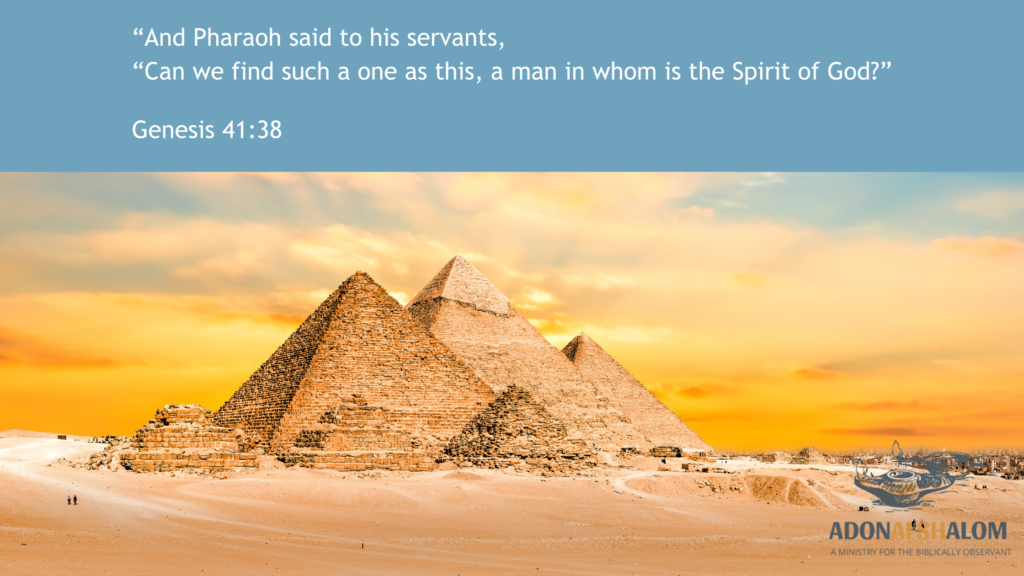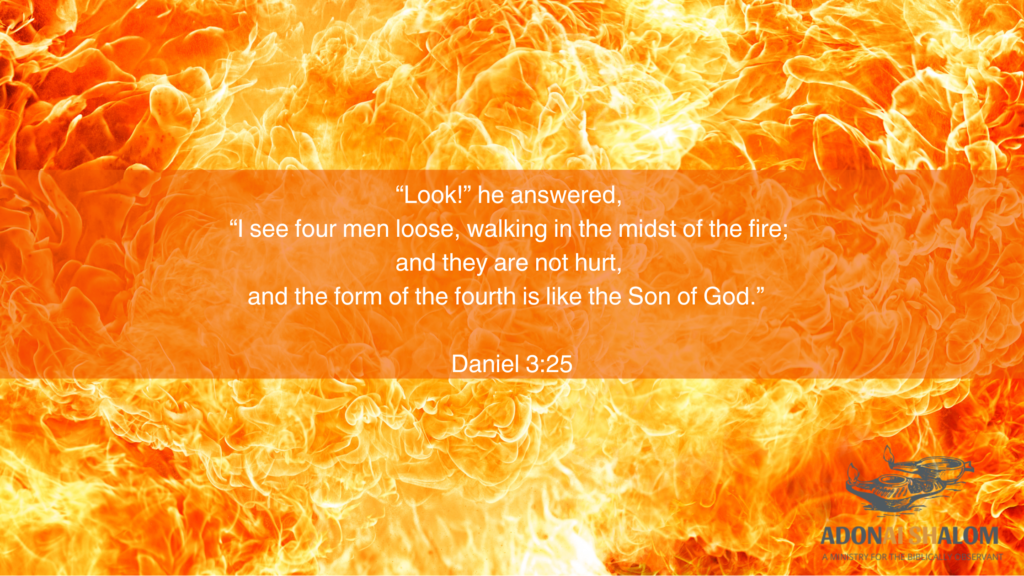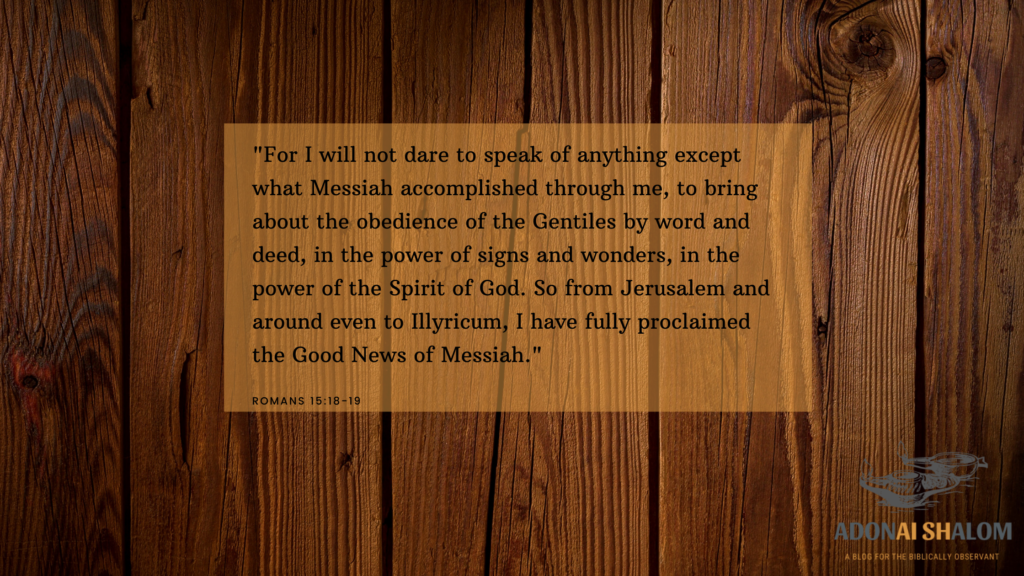Daniel 3: Four in the Fire
Recap of Daniel 2: Interpretation of Dreams
Daniel was given the interpretation of King Nebuchadnezzar’s dream because He relied on God’s promises. He prayed together with his friends and sought God, and the interpretation of the dream was given.
Daniel, like Joseph
This week I was reminded that Pharaoh, King of Egypt, also had mysterious and troubling dreams. God used Joseph to give him the interpretation. Like Daniel in Babylon, Joseph in Egypt was given favor by the pagan king and promoted to rule alongside the Pharaoh.
Genesis 41:37-41
39 Then Pharaoh said to Joseph, “Inasmuch as God has shown you all this, there is no one as discerning and wise as you. 40 You shall be over my house, and all my people shall be ruled according to your word; only in regard to the throne will I be greater than you.” 41 And Pharaoh said to Joseph, “See, I have set you over all the land of Egypt.” (Gen.41:37-41, emphasis added)

Daniel 3:1-7
4 Then a herald cried aloud: “To you it is commanded, O peoples, nations, and languages,
7 So at that time, when all the people heard the sound of the horn, flute, harp, and lyre, in symphony with all kinds of music, all the people, nations, and languages fell down and worshiped the gold image which King Nebuchadnezzar had set up.” Daniel 3:1-7
King Nebuchadnezzar’s Image of Gold
Remember the statue-like image of King Nebuchadnezzar’s dream? (Daniel 2:32, 38)
He was the head of gold (Daniel 2:38). Babylon was extremely wealthy and prosperous.
So it is very fitting that King Nebuchadnezzar decides to build himself an image of gold.
A huge statue.
He clearly missed the point of the dream. The dream wasn’t so that he would go out and build himself a golden image, it was to alert him about the future of his kingdom and the kingdoms after him, but he fixates on the gold.
See Babylon was like Texas. Everything had to be bigger there.
An Israeli cubit was about 18″ while in Babylon a cubit was measured as about 20.”
This would make King Nebuchadnezzar’s statue the size of a 10 story building, which for ancient Babylon lacking modern construction machines, was a good size.
It was 60 by 6 cubits. Not 70 by 7. It was a mere imitation of greatness. Symbolically, the number 6 means incompletion in the Bible, sinfulness of mankind, human weakness, and the evil devil.
What was the image?
The Bible doesn’t tell us what the image actually was.
Was it a statue of one of the Babylonian deities? Or more likely: was it an image of King Nebuchadnezzar himself? Babylonian kings were worshipped as divine. Receiving a divinely-inspired dream, then, King Nebuchadnezzar may have felt very entitled to being worshipped, considering himself one amidst a pantheon of gods.
Dedication of the image
King Nebuchadnezzar decrees that all of his government officials have to come to the dedication of the idolatrous statue. What’s more, all of these people would be required to bow down and worship the gold idol when his pagan worship band starts playing.
Worship: or else . . .
The spirit of Babylon always forces a pluralistic and polytheistic agenda. Pluralism is the accepting of all religions as equally valid. Polytheism is the belief in multiple gods. Babylon claims to promote religious tolerance. We see evidence of that in their worship because the names of the instruments are actually written in Greek. The rest of this chapter is written in Aramaic, but the uniting of pagan practices and musical influences was occurring in Babylon. The empire wanted to put on a show of inclusivity and universalist worship!
But King Nebuchadnezzar’s herald (or spokesman) warned all of his colleagues: “whoever does not fall down and worship shall be cast immediately into the midst of a burning fiery furnace.” (Daniel 3:6)
So much for tolerance.
It is the spirit of the antichrist.
Daniel 3:8-18
Accuser of the brethren
Some of the Chaldeans (remember, this is just another name for Babylonians) decide to accuse the Jews. (Daniel 3:12). The Aramaic term there in Daniel 3:8 קְרַץ “qerets” translated as simply “charges” has a deeper connotation of “maliciously accused” and more literally, “to eat the pieces of, to devour piece by piece” (NKJV Study Bible).
So the Chaldeans came forward to maliciously accuse Daniel’s friends “to devour them a bit at a time, piece by piece.” It’s interesting that Daniel is not accused at this point, only his friends.
1 Peter 5:8 says, “Be sober, be vigilant; because your adversary the devil walks about like a roaring lion, seeking whom he may devour.” Here we have the same description. And recall from last week that the military commander’s name Arioch is related to the word for lion. Babylonian art was full of lion depictions that represented the king’s power and one of their goddesses. The devil is an imitator. Roaring but always lacking. We serve the Lion of the Tribe of Judah:
200 years later, we see the same accusatory spirit of Haman in the Medo-Persian Empire:
Esther 3:6
6 “But he disdained to lay hands on Mordecai alone, for they had told him of the people of Mordecai. Instead, Haman sought to destroy all the Jews who were throughout the whole kingdom of Ahasuerus—the people of Mordecai.” (Esther 3:6)
The devil is the Accuser:
Revelation 12:10
In Daniel 3:12, Daniel’s friends are listed by name. Their accusers are trying to really make a point. An “us” vs. “them” point.
They want to remind King Nebuchadnezzar that these Jews, who serve in the government refuse to assimilate into the pagan culture.
And King Nebuchadnezzar follows the antiSemitic lead of his advisors, but to his credit, (Daniel 3:14) he does ask the Hebrews directly if the accusations are true.
Refusal to Worship Pagan Deities
Daniel 3:13 describes King Nebuchadnezzar as being in a “rage and fury!”
He addresses Hananiah, Mishael, and Azariah by their Babylonian names Shadrach, Meshach, and Abed-Nego and asks them directly: is this true? Do you not worship my golden image?
He gives them a second chance. “Next time you hear my worship team leading idol worship, make sure you fall down and worship.” He even says that would be “good!”
And then he threatens them. Worship or else you’re being thrown into an oven.
King Nebuchadnezzar’s pride becomes very glaring.
Daniel 3:15c “who is the god who will deliver you from my hands?”
Back in Daniel 2:47, King Nebuchadnezzar had acknowledged that Daniel’s God is Lord of kings and able to reveal secrets. Did he forget already? Or did he not realize that Daniel’s friends also shared strong faith in the God of Israel? King Nebuchadnezzar viewed himself as a god and because our God cannot be seen with human eyes, he didn’t think there would be any intervention.
In Daniel 3:16, the three Judean young men don’t challenge Nebuchadnezzar. It kind of reads that way, like “we don’t need to answer you!” But it’s not that so much as they were admitting they had nothing to say, no answer for the king because their refusal to worship was so obvious.
A lot of people in our culture today, especially those who have grown up with a religious spirit are uncomfortable with expression in worship. They don’t want to raise their hands or they don’t want to physically bow before the Lord in prayer. But one of the very main definitions of worship used throughout the Bible is the Hebrew word “שָׁחָה” shachah, which means to “bow down, very low.” It is a physical action shown the heart’s devotion.
In the time of Babylon, it was no different. Worship, whether it was the worship of the One True God of Israel, or worship of a pagan deity, was understood as being physically prostrate before the object of worship.
So it was obvious that Shadrach, Meshach, and Abed-Nego were not physically bowing before anything. There was no need to defend themselves, they knew they were guilty of disobeying the king’s order.
But they demonstrated great faith.
For me this brings to mind Isaiah 26:3:
The testimonies of believers who have gone before can really be encouraging. Daniel and his friends can really inspire us to trust in God no matter what happens and no matter the cost. Paul suffered and maintained an unwavering faith. He and Timothy wrote to the church in Corinth in 2 Corinthians 1:8-11:
The death sentence given by the world is meaningless.
“O Death, where is your sting?
O Hades, where is your victory?”
He has not forgotten about you. He knows the labor of love you do in service to Him. He sees you and He smiles. He died for you so you could live and when you face the world’s fiery furnaces and you feel under attack or afraid for your future, just remember, place your hope and trust in Him. He is your confidence and your rescuer, your mighty Savior.
Daniel 3:19-25
They answered and said to the king, “True, O king.”
The Bible says that Nebuchadnezzar’s countenance – the expression on his face – changed. Some translate this as “his face was distorted with his fury.” He took on a spirit of rage and his whole attitude worsened (NIV).
He orders the furnace turned up to 7x hotter than normal and then has his valiant army man bind up Hananiah, Mishael, and Azariah and throw them into the fire.
The fiery furnace was so hot that it killed anyone near it. King Nebuchadnezzar’s men died instantly. To Nebuchadnezzar they were disposable. He makes no mention of their death. He is satisfied to oversee the three Judeans falling over in a fire, but then . . . he is completely taken aback.
3 tied up Hebrew men were cast into the fire, but now they were freely walking in the fire unharmed, and now not 3, but 4! The only thing that had burned were the ropes that had tied them up! The Septuagint translation (the Greek translation of the original Aramaic/Hebrew) actually says that King Nebuchadnezzar was astonished because he heard the men singing praises! It reminds me of Paul and Silas singing praises in the jail (Acts 16:25).
The Fourth Man in the Fire

The New King James and the King James translates this as the Son of God. If you have commentary notes in your Bible, you might notice that Son of God could be translated as “son of the gods.” So which is it?
In Aramaic, the generic word for “God” is singular “Elah.” The plural for “Elah” is “elahin”, which although etymologically related to the Hebrew (a related Semitic language) for God, “Elohim,” the difference is that “elahin” is used only to refer to idols.
So (unusually!) the NIV actually translates this a bit more accurately:
Why?
King Nebuchadnezzar wouldn’t understand a singular Son of God. We know it was Jesus. But, we have to be careful reading translations (the original manuscripts of Scripture are 100% right).
So King Nebuchadnezzar expresses in his own language and his own understanding that there is Someone, of divine origin, who has appeared in the fire. He doesn’t know how to express what he is seeing from his pagan context.
I actually think that gives the text more power, not less. King Nebuchadnezzar is astonished because he is not the supreme deity. He has to really grapple with this . . . who are these Judeans and who is with them!?
This is an example of a theophany. A theophany is an appearance of God. The king of Babylon was astonished by this, but the Bible doesn’t mention if the 3 youth even knew the 4th man (Jesus!) was there. Sometimes God will manifest in a very tangible, apparent way in our lives, but other times, He is working and we don’t even realize how close He is to our situation.
Daniel 3:26-30
The Most High God and His Messenger
In verse 26, King Nebuchadnezzar switches to “Elah,” the singular form! Here he is beginning to understand! He acknowledges that the 3 young men serve the Most High God (Elah). He is recognizing that the God of the Hebrews is greater than his Babylonian gods by singling Him out.
King Nebuchadnezzar only calls the 3 men out of the fire. The 4th man was heavenly enough in appearance, he knew not to even go there. The Chaldean advisors saw with their own eyes that the fire had no power whatsoever on them and they didn’t even smell like a fire.
Nebuchadnezzar celebrates this singular victorious God. Nebuchadnezzar sent his “Angel.” This is an accurate translation for the Aramaic מַלְאֲכֵהּ֙ (mal·’a·cheh) (Hebrew: מֲלְאָךְ malach). “Angel” can also be translated as “Messenger.” Nebuchadnezzar recognizes that a Messenger from God was in the fire.
No Other God can deliver like this
King Nebuchadnezzar realizes that no other God can deliver like this and he says no one is allowed to slander Hananiah, Mishael, nor Azariah. In keeping with his excessively brutal personality, King Nebuchadnezzar decrees that anyone who does speak against them shall be chopped up and their homes burned. This chapter ends with another promotion: the 3 Hebrew youth are once again promoted in the province of Babylon.
Faith and Obedience no matter the cost
The ordeal of Daniel’s friends remind me of Hebrews 11:32-40:
Hananiah, Mishael, and Azariah were willing to pay the ultimate price to remain faithful and obedience to the One True God. And the LORD revealed Himself! May the LORD give us the strength to be that faithful!
